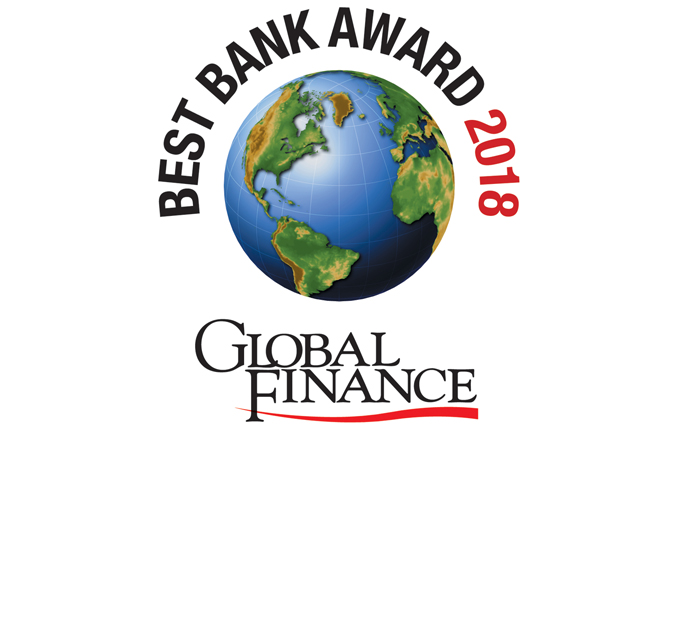DBS Private Bank
Freedom…to live more.
You’ve earned freedom, we help you keep it. With our best people focused on doing and delivering what you and your family need to get more from life.Explore now
Featured
Enhance your financial legacy, while living a life as rich in experience as it is in opportunity
Quick Access
An overview of major markets and currency exchange rates.
Leadership & Accolades
Get to know the team at DBS Private Bank. Learn what drives us, how we're making a difference.










